Teaching skills for the future: How Helsinki and Finland are leading the way with #PBL
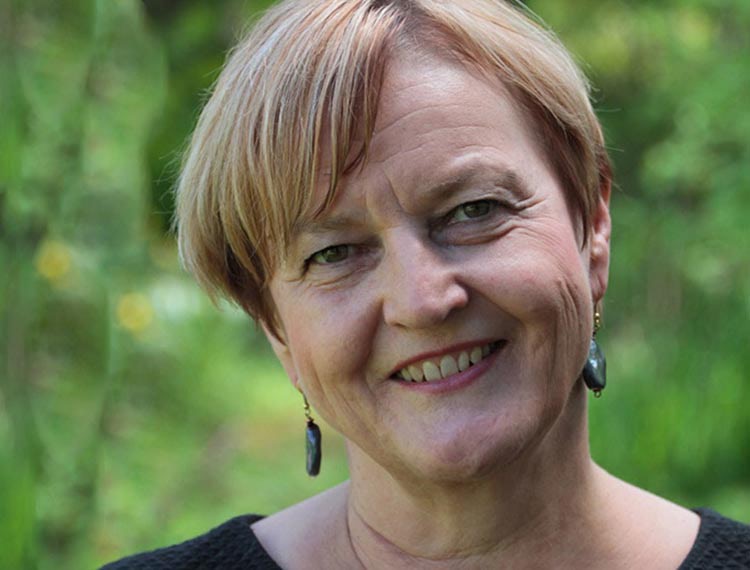
#Skills2030 – World-leading educators coming together to innovate global education
Finland’s education system has maintained a reputation for being the most innovative in the world for decades now. In 2019 the Worldwide Educating for the Future Index rated Finland as the world leader in teaching skills for the future.
While Finland’s famously high PISA results have decreased recently, Finland is still among the highest-performing OECD countries along with Canada, Ireland and Estonia. For the Finns however, there is something much more important than PISA rankings. For them, the purpose of education is to prepare students for the 21st century and for life-long learning.
In 2016, Finland launched a new basic education curriculum, the product of a collaborative effort by teachers and professionals in the education field. The Finnish curriculum defines the subjects and overall themes that are taught in different grade levels. Highly-trained teachers with Masters’ Degrees have the pedagogical freedom to achieve the goals set out in the curriculum.
The most efficient way to launch new ideas and pedagogical practices is by having teachers tell their colleagues about such matters.
Helsinki embraced the opportunity the new curriculum presented to reinvigorate pedagogical practices. They wanted to create systemic change with an emphasis on future global civic skills, the whole city as a learning environment and the creation of a sustainable future.
Network of expert teachers
They started by empowering the city’s schools and nurseries to be innovative education and training developers which are supported by a network of about 60 expert teachers specialising in areas such as early childhood education and care, basic education, general upper secondary schools and vocational education and training.
These expert teachers develop, create and share partnerships and good practice on request across the city and work with colleagues to develop operating models, learning environments and practical uses of technologies. As this is in addition to performing their own teaching duties, they are required to teach fewer regular lessons each week.
Expert teachers are divided into five teams specialising in:
- Learning environments
- Phenomenon-based learning
- Language, interaction and thinking skills
- Portfolio learning, assessment and comprehensive learning
- STEAM (Science, Technology, Engineering, Arts, Mathematics)
Helsinki’s bold, yet consistent actions in renewing pedagogy citywide led to them being awarded as the first HundrED Forerunner in the Field of Education at the 2019 HundrED Summit. HundrED is a not-for-profit organisation which spreads inspiring innovations in K-12 education across the world. The ‘Forerunner’ designation recognises top-level innovations that can improve education immediately and at scale.
Helsinki wants to leverage education to improve the city’s competitiveness and create vitality and culture. Education must be able to predict and respond to increasingly rapid changes in society and the labour market. They are investing in digitalisation, various experiments and cooperation with start-ups, as well as social inclusion and equality.
Project-based / Phenomenon-based learning #PBL
Helsinki’s model of Phenomenon-based learning (PBL) is at the core of learning in the city. This new pedagogical method requires subject teachers to collaborate to design and implement holistic, student-centred multidisciplinary learning processes. Phenomenon-based learning engages students with wider transdisciplinary phenomena and gets students actively designing their own learning path whilst collaborating with each other.
In this approach, a phenomenon is an observable event, and Phenomenon-based learning is a way of using overlapping methods and perspectives to understand that observable event. That observable phenomenon will be something that interests them – environmental challenges, for example, or transport solutions. This represents a transformative shift away from teacher-centred pedagogy towards more student-centred methods.
Phenomenon-based learning is flexible and open to change. It’s all about making sure children are prepared to adapt to whatever the future holds. It places an emphasis on community spirit, collaborative skills, the application of data, and creative and critical thinking. Whenever there is an event that interests students, schools are encouraged to discuss it soon after. This will increase students’ understanding of the world, make them more motivated to learn and develop their skills. Through Phenomenon-based learning, students learn to solve complex real-life challenges in a collaborative way whilst learning to learn.
Outdoor learning environments
The whole of the city is used as a learning environment in which learners observe real phenomena. Nature is a part of life there, with nature schools being very popular and forest pre-schools where everything is done outdoors as a rule. The city’s rich and diverse natural environment, cultural history and partnerships within various sectors offer a rich learning environment for learners of all ages.
All of the city’s parks, playgrounds, museums, theatres, cultural buildings and libraries are learning environments. The Helsinki Regional Transport Authority decided to support by offering free transport during school hours to education groups travelling to view phenomena. Digital applications, devices and platforms enable learning both inside and outside the classroom.
Being outside of the classroom leads to deeper learning by connecting the learning process to the learner’s own world. In today’s fast-paced and interconnected society, there is an absolute abundance of information readily available at every student’s fingertips. Schools are faced with the challenge of helping students to understand how to effectively search for and categorise information and stay both focused and motivated. Ensuring they see the real-world connection is crucial.
Implementing interdisciplinary methodology
Liisa Pohjolainen, the Chief Executive Director of Helsinki’s Education Division, received the Helsinki Design Award for Phenomenon-based learning in 2017 for encouraging schools to implement the new methodology creatively and in collaboration. Funded by a grant from the Finnish National Agency for Education, the City of Helsinki launched a project aimed at providing practical tools to aid teachers in planning and execution for the new methods.
Empowering students and young people to help shape the #FutureofEducation: #StudentVoice – Helsinki embraces the power of youth in shaping education The City of Helsinki has empowered students and young people to help shape the future of education during… https://t.co/LazPRX8uUr pic.twitter.com/SbZjY3sn05
— FE News – The #FutureofEducation News Channel (@FENews) November 20, 2019
One of the tools was launched during Helsinki Education Week in November 2019 – it’s a special deck of cards for planning a Phenomenon-based learning process. These were developed by expert teachers who analysed the key elements of Phenomenon-based learning and then co-created planning tools for teachers and students to be used across the city’s schools. Other online tools have been developed that help both teachers and students to plan and assess their processes. The teachers and students will start putting these tools into practice across Helsinki’s schools from the beginning of 2020.
This is just the beginning. The necessity to have a transdisciplinary understanding of the world will be inevitable across all levels of education, and Finland intends to be at the forefront of this new approach.
With the implementation of a new core curriculum for secondary education in 2021, the baccalaureate final examinations, the only standardised testing done in Finland, will also incorporate a multi-disciplinary approach reflecting Phenomenon-based learning principles.
Finland will be the only country in the world to incorporate such aspects into a standardised exam. We are always focused on learning and the development of learning in order to transform Helsinki into an innovative city of lifelong learning.
Marjo Kyllönen, Head of Development Services, City of Helsinki


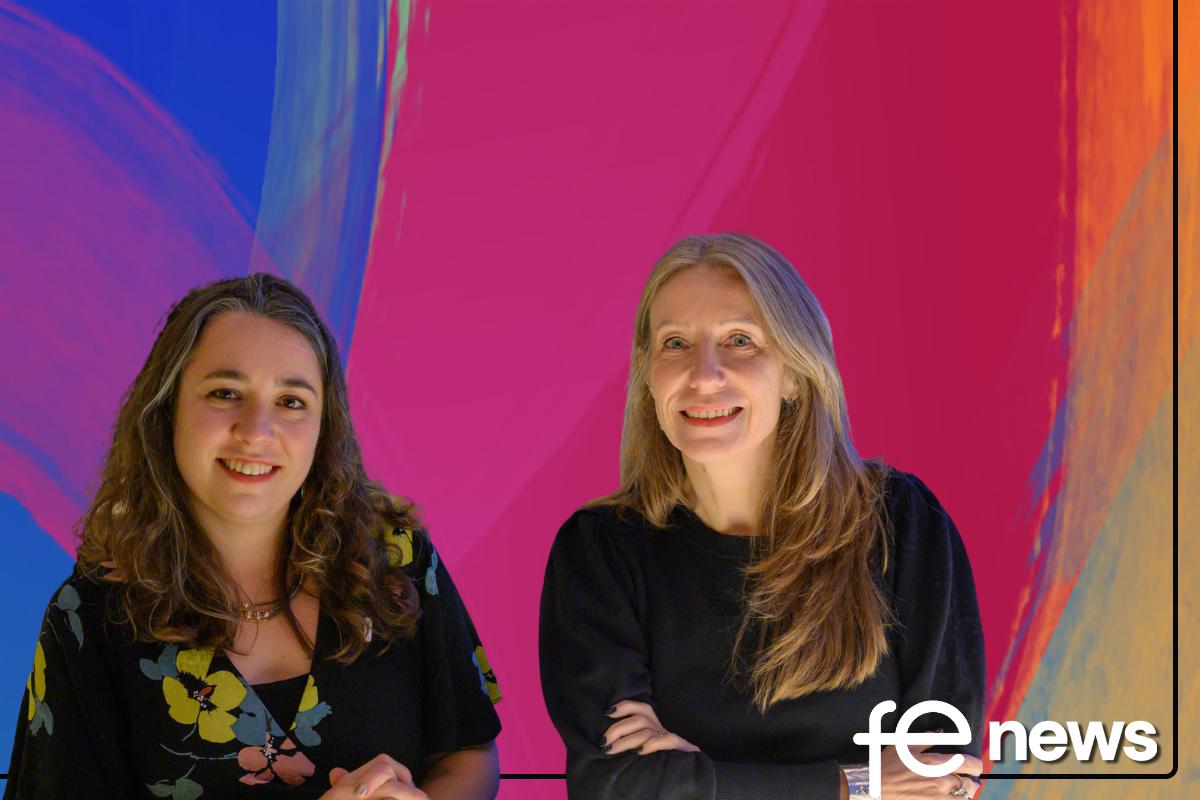
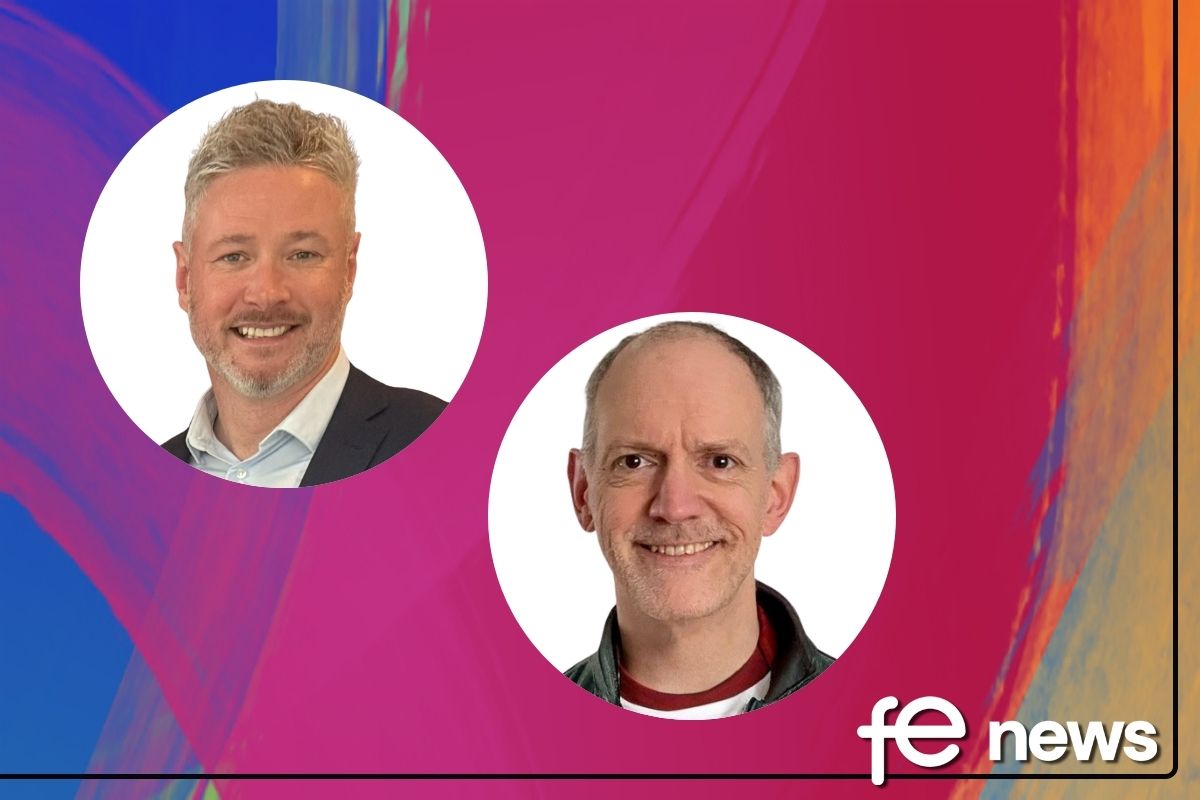
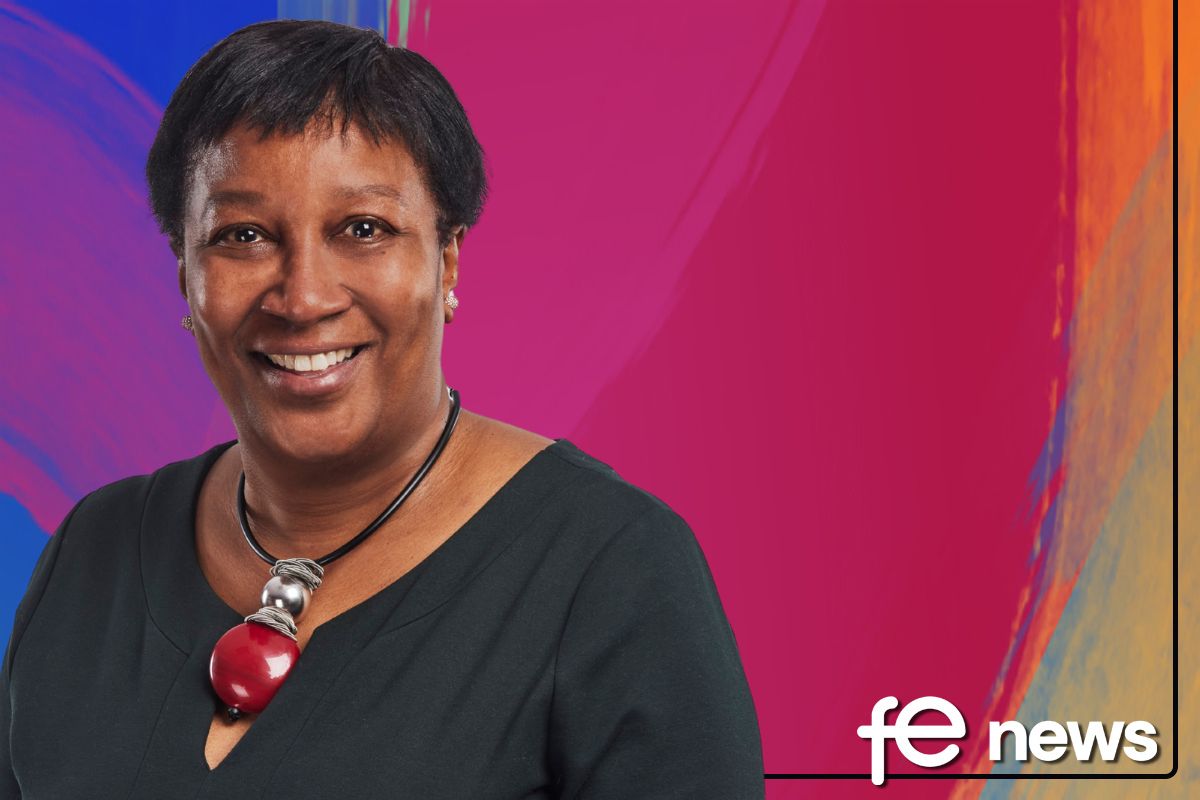
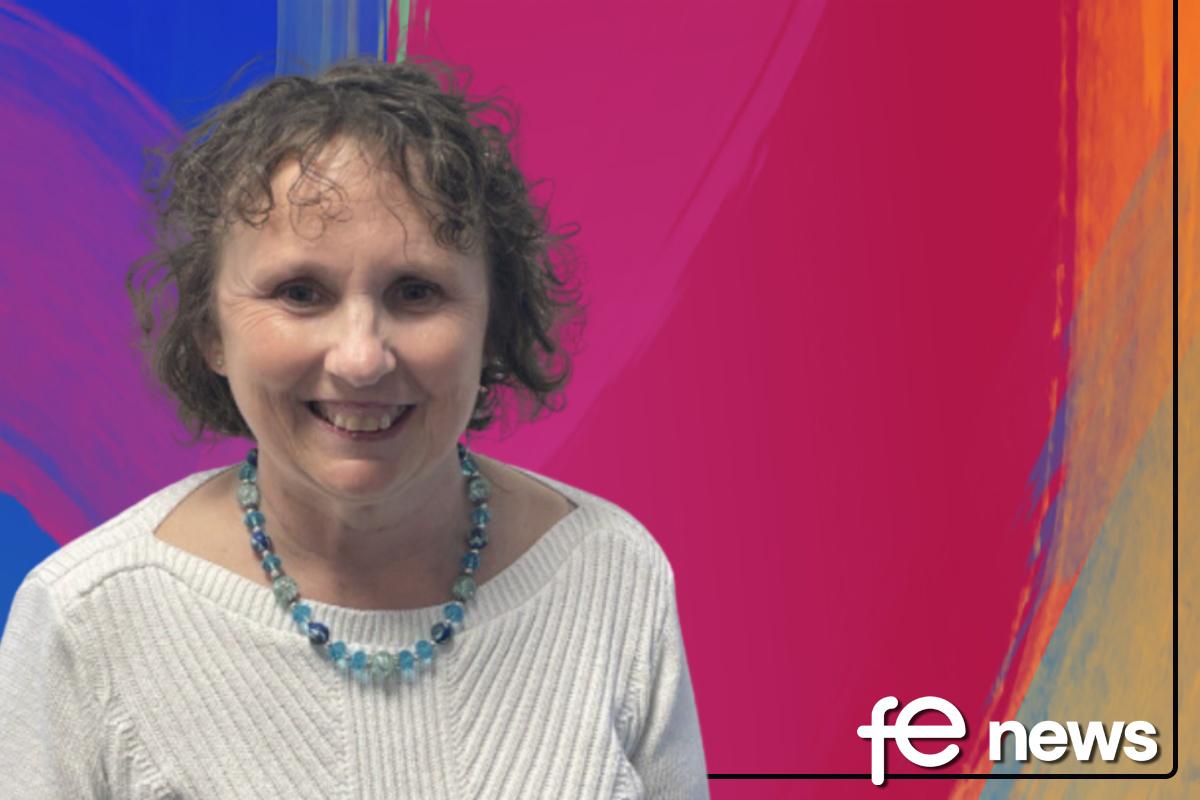
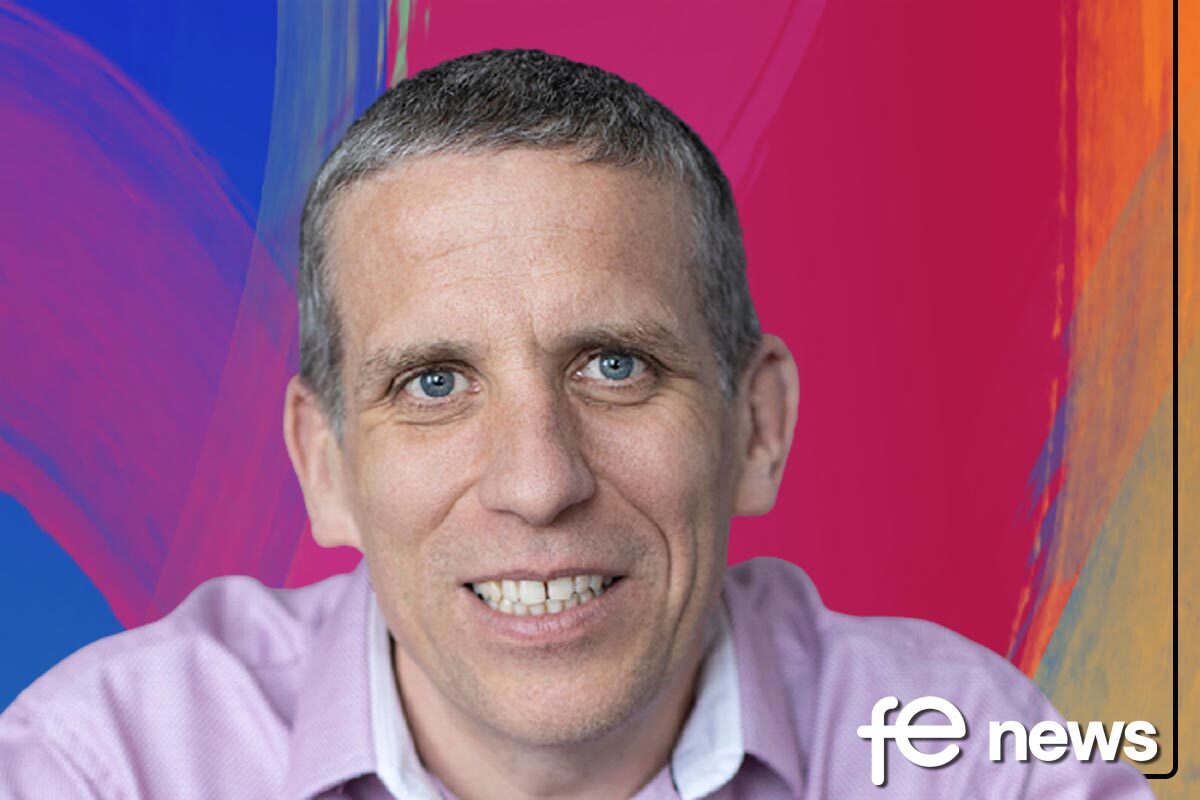
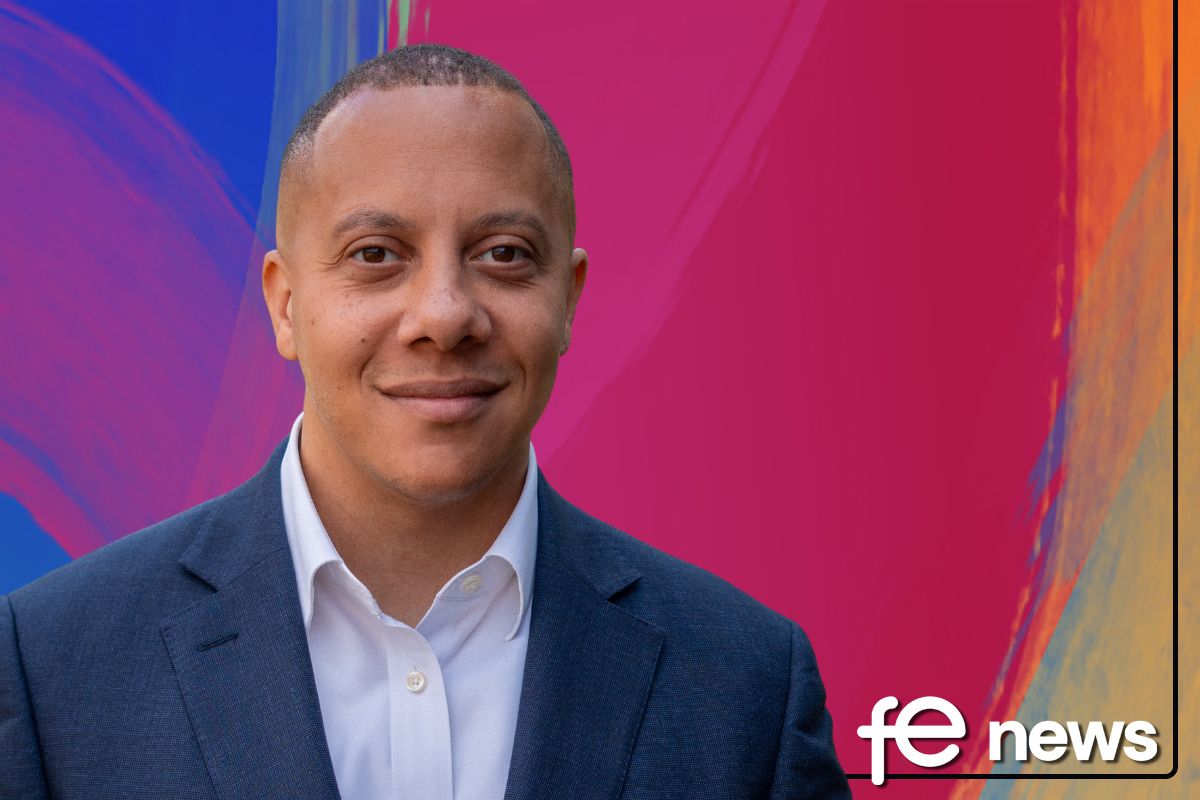
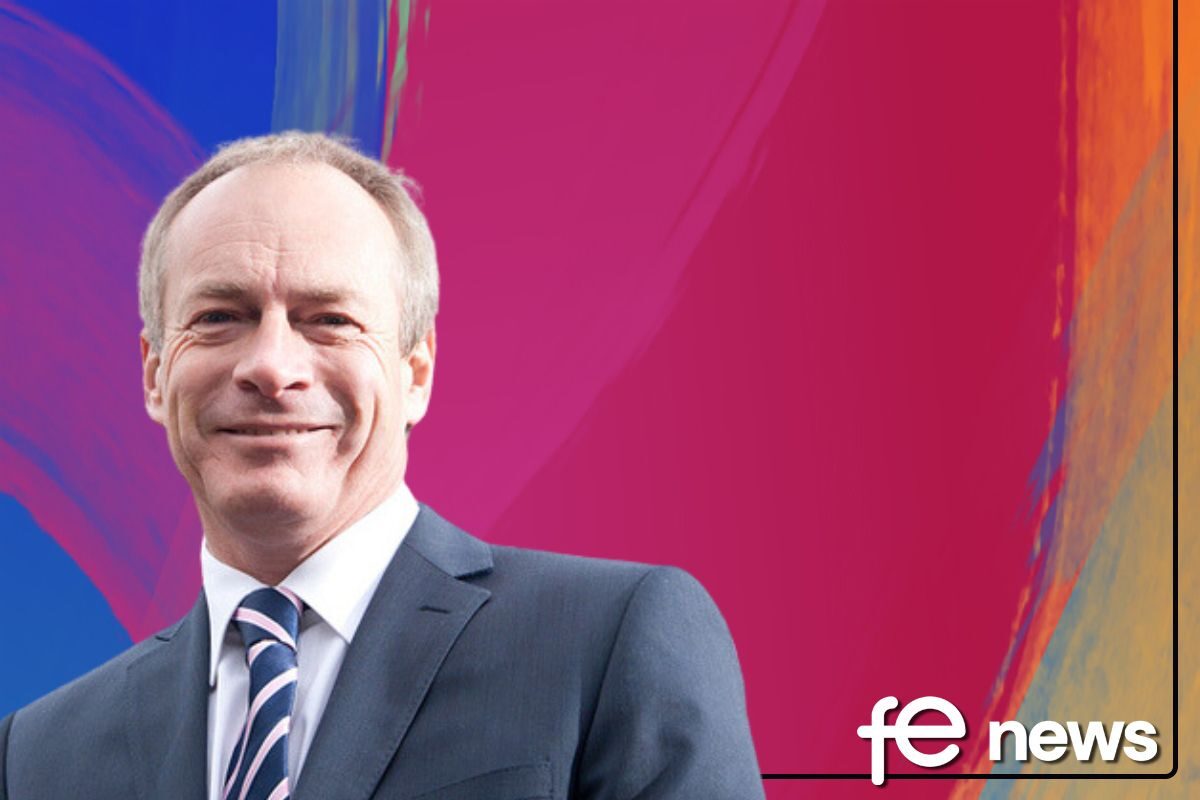
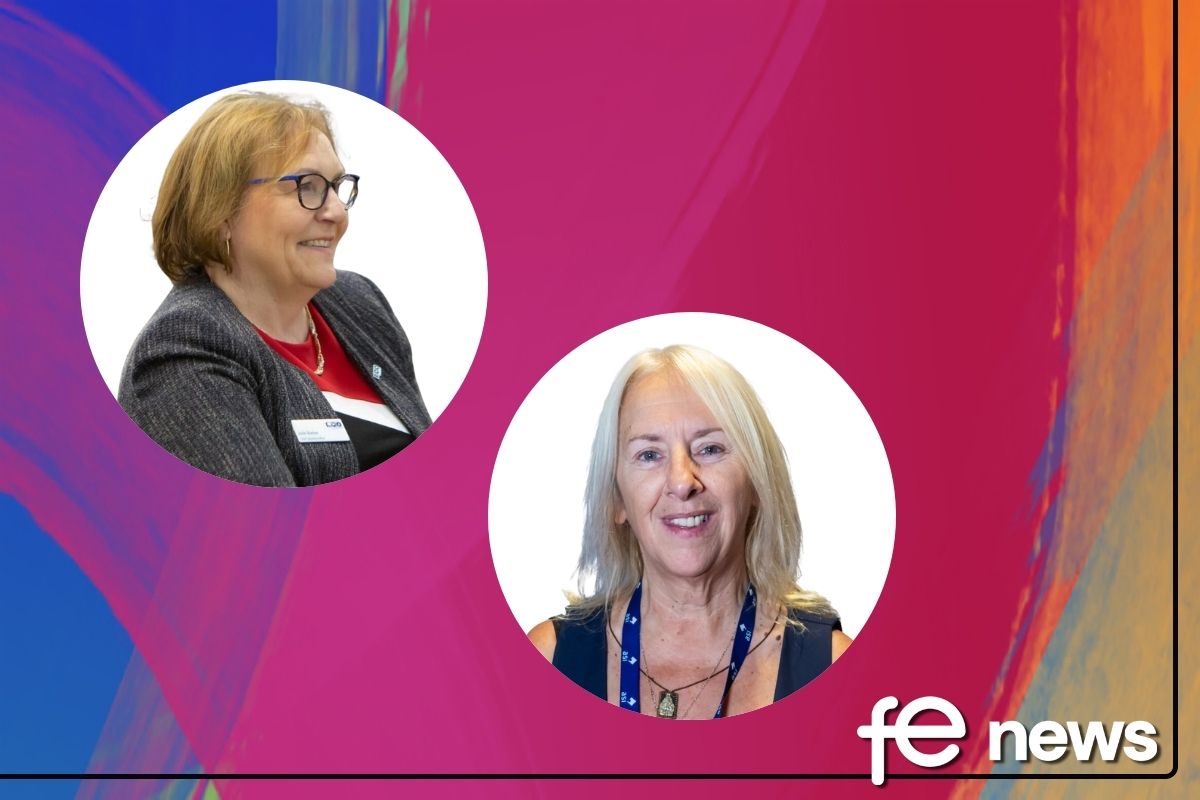
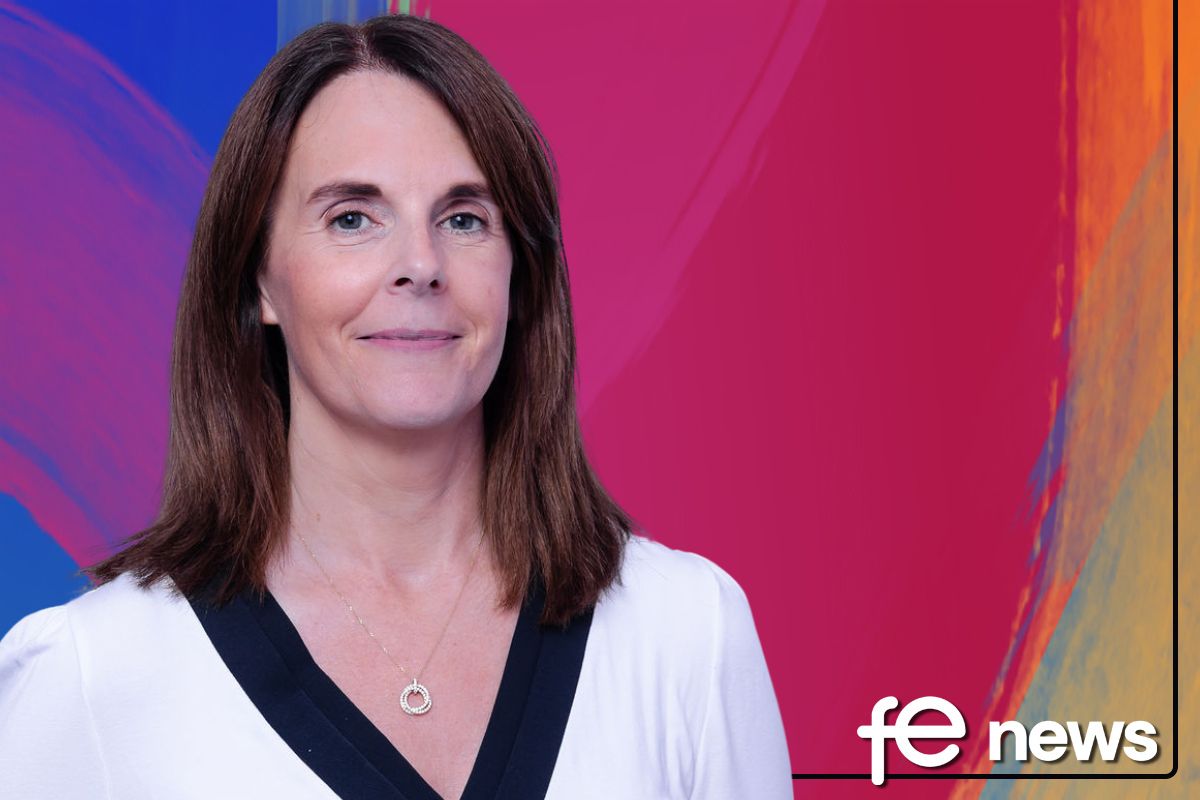
Responses